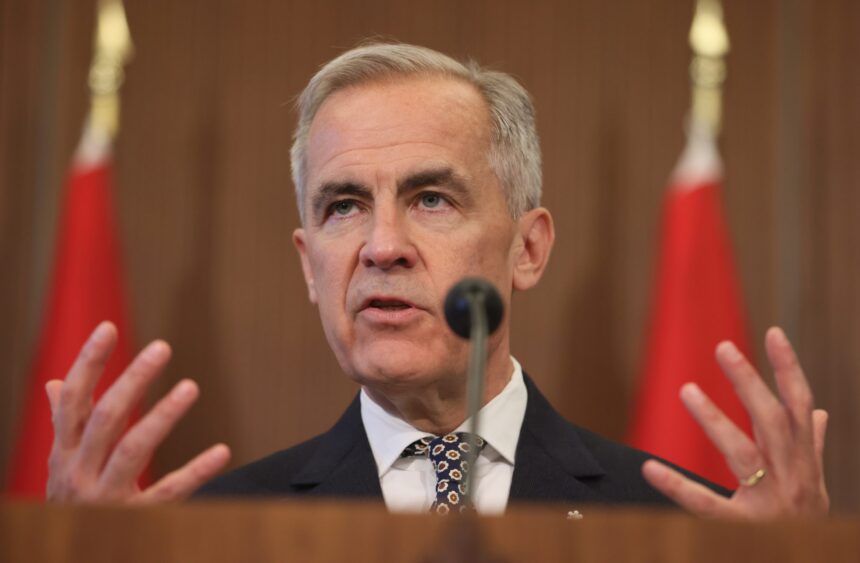The diplomatic chill between Ottawa and Washington appears to be thawing as trade representatives from both nations returned to the negotiating table yesterday, ending a three-month impasse triggered by Canada’s controversial digital services tax.
In what observers are calling a pivotal moment for North American trade relations, U.S. Trade Representative Katherine Tai and Canadian Minister of International Trade Mary Ng met in Washington to restart dialogue on several contentious issues that have strained the typically robust economic partnership between the two neighbors.
“Today marks a return to the productive engagement that has defined our relationship for generations,” Minister Ng stated following the four-hour meeting. “While significant differences remain, particularly regarding our approach to digital taxation, both sides recognize the critical importance of our $2.6 trillion trading relationship.”
The dispute erupted in March when Canada implemented its 3% digital services tax on large technology companies with annual global revenues exceeding $1 billion and Canadian revenues over $20 million. The retroactive nature of the tax, which applies to revenues generated since January 2022, particularly incensed American officials who viewed it as unfairly targeting U.S. tech giants like Google, Amazon, and Facebook.
According to sources close to the negotiations, the Biden administration has softened its initially hardline stance, which had included threats of retaliatory tariffs on Canadian goods. This shift comes amid growing recognition in Washington that digital taxation is becoming a global reality, with similar measures already adopted across Europe and Asia.
“The U.S. is realizing that fighting against all forms of digital taxation is becoming untenable,” explains Dr. Elise Johnson, Professor of International Trade at the University of Toronto. “The focus now appears to be on shaping these tax regimes rather than blocking them entirely.”
Canadian officials indicated they remain committed to their digital tax framework but have signaled willingness to discuss implementation timelines and potential modifications to prevent double taxation for affected companies. Prime Minister Trudeau defended the measure as “essential for creating a level playing field” during parliamentary debates last week.
The renewed talks also address several additional friction points, including longstanding disputes over softwood lumber, dairy market access, and critical minerals cooperation. Trade representatives highlighted new opportunities for collaboration on clean energy initiatives and supply chain resilience.
The business communities in both countries welcomed the diplomatic restart. The Canadian Chamber of Commerce issued a statement calling it “a crucial step toward restoring predictability in our most important trading relationship,” while emphasizing that uncertainty over cross-border commerce has already delayed investment decisions worth billions.
Economic analysts note that the timing is particularly significant, with both countries facing economic headwinds including persistent inflation and slowing growth. Canada’s exports to the U.S. account for approximately 75% of its total exports, creating significant leverage for American negotiators.
“Neither country can afford a protracted trade dispute right now,” notes financial analyst Robert Williams of RBC Capital Markets. “The economic interdependence runs too deep, particularly in manufacturing sectors across the Great Lakes region.”
Digital rights advocates remain concerned that trade pressures could undermine Canada’s ability to regulate its digital economy. OpenMedia, a digital rights organization, urged the government to “stand firm on ensuring multinational tech companies pay their fair share” regardless of trade pressures.
As negotiations continue in the coming weeks, observers will be watching closely for signs of compromise. With the U.S. presidential election looming in November, there’s added urgency to resolve these issues before a potential administration change could reset American trade priorities once again.
The fundamental question remains: can these two historic allies find a balance between Canada’s sovereignty in taxation matters and America’s desire to protect its tech sector, or are we witnessing the beginning of a new era of digital trade conflicts that will reshape North American economic relations for decades to come?
















